EPA annual inventory shows US GHG up 3.1% from 2017-2018
Green Car Congress
APRIL 14, 2020
The 2020 edition of US Environmental Protection Agency’s (EPA) comprehensive annual report on nationwide greenhouse gas (GHG) emissions shows that emissions increased from 2017 to 2018 by 3.1% (after accounting for sequestration from the land sector). Source: EPA. >.

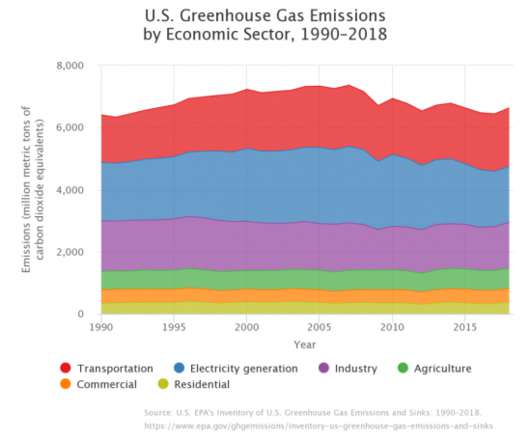





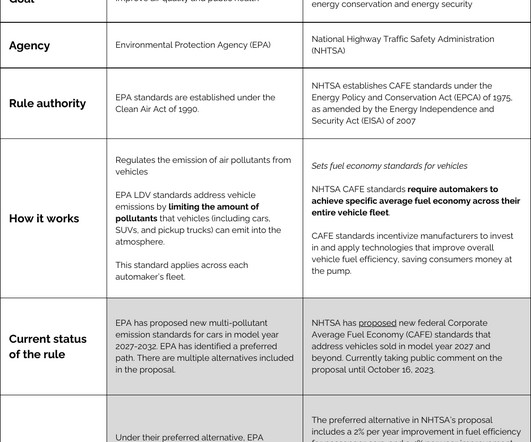



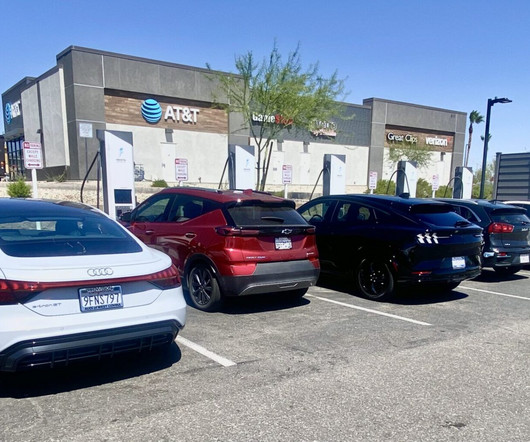








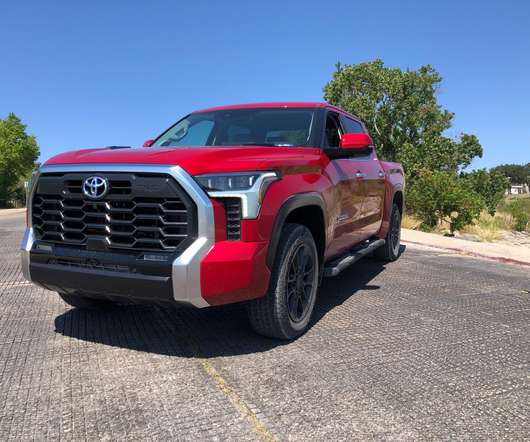







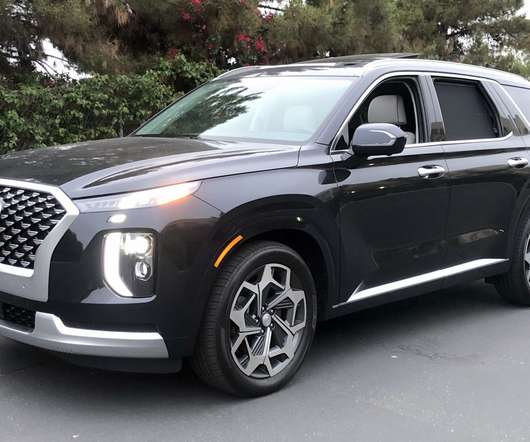




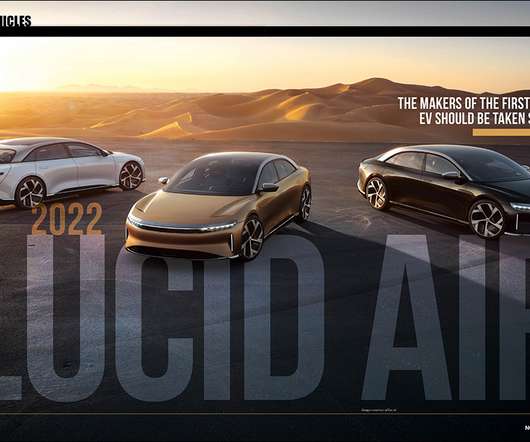
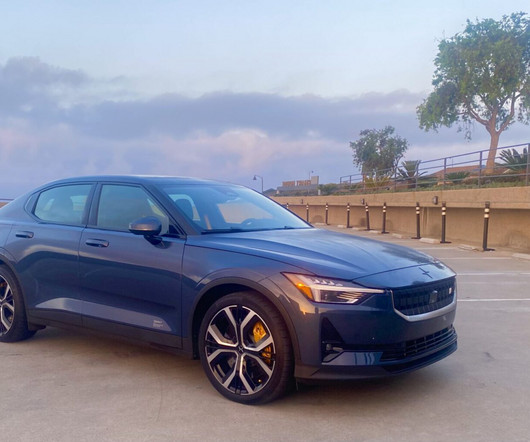
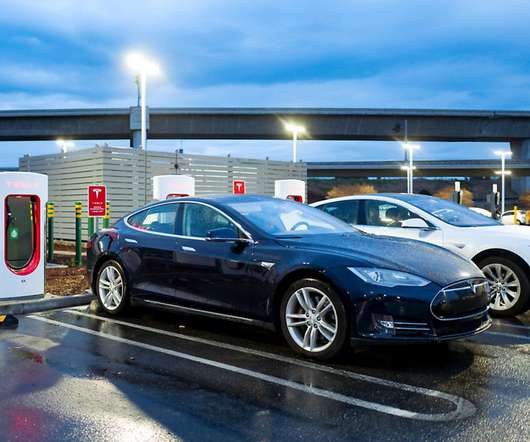






Let's personalize your content